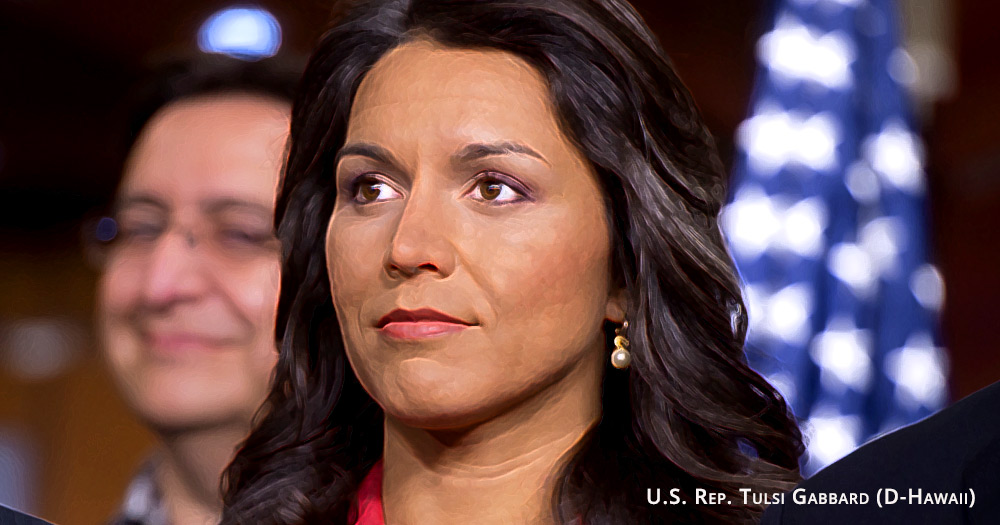“This raises some very big libertarian questions,” said Nigel Farage yesterday.
About what?
The “rights of parents against the state.”
The outspoken Brexit supporter and former leader of the UK Independence Party was referring to Charlie Gard, the sick, dying 11-month old British baby, whose parents sought to take to the United States for an experimental medical treatment. But the hospital and the British government pooh-poohed any likelihood of success and said, “No.”
That’s when Charlie’s parents went to court, fighting for seven months for the right to simply try to save their child’s life. Now, after those months of delay, even that remote medical hope has faded away.
“Even today,” explained Farage, “the hospital and the state are saying to these poor parents, ‘Oh, no, no, Charlie can’t die at home. He’ll have to die in our hospital.’”
The judge in the case called it “absurd” to suggest that little Charlie was a “prisoner of the National Health Service.” But not free to leave the country or even the hospital, that’s precisely what this poor child has become.
“There was a case four years ago of a little kid, Ashya King, who had a brain cancer,” Farage noted. “His parents wanted him to go to Prague for a revolutionary new treatment that the doctors here said wouldn’t work. The boy went. It worked. He’s now cancer free.”
Those parents were briefly imprisoned . . . for saving their child’s life.
It appears that single-payer makes the government the single-decider.
This is Common Sense. I’m Paul Jacob.











